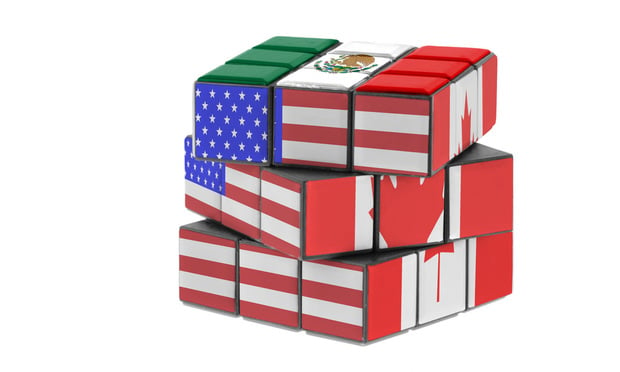Even as international commercial arbitration has achieved broad acceptance, investor-state dispute settlement—ISDS—remains the subject of considerable controversy. ISDS was at the forefront of the recent negotiations concerning the Transatlantic Trade and Investment Partnership and Trans-Pacific Partnership Agreement, now called the Comprehensive and Progressive Agreement for Trans-Pacific Partnership. It has re-emerged as one of the principal proposed changes in the recently unveiled U.S.-Mexico-Canada Agreement (USMCA).
The Debate and Its Historical Context
The present debate and USMCA’s role in it must be placed in historical context. While international commercial arbitration has become increasingly prevalent over the last century, ISDS is a relative newcomer. Though bilateral investment treaties began incorporating ISDS provisions and ICSID was founded half a century ago, actual investor-state cases did not emerge for decades. Even then, it was not until the early-2000s that ISDS rose to prominence. It follows that the large part of ISDS experience and cases dates from the last two decades.
 Harout Jack Samra, DLA Piper
Harout Jack Samra, DLA Piper
This content has been archived. It is available through our partners, LexisNexis® and Bloomberg Law.
To view this content, please continue to their sites.
Not a Lexis Subscriber?
Subscribe Now
Not a Bloomberg Law Subscriber?
Subscribe Now
LexisNexis® and Bloomberg Law are third party online distributors of the broad collection of current and archived versions of ALM's legal news publications. LexisNexis® and Bloomberg Law customers are able to access and use ALM's content, including content from the National Law Journal, The American Lawyer, Legaltech News, The New York Law Journal, and Corporate Counsel, as well as other sources of legal information.
For questions call 1-877-256-2472 or contact us at [email protected]

 The U.S.-Mexico-Canada Free Trade Agreement awaits Congressional approval.
The U.S.-Mexico-Canada Free Trade Agreement awaits Congressional approval.







